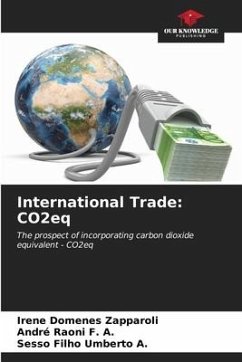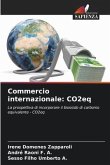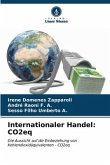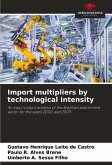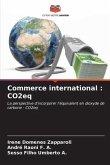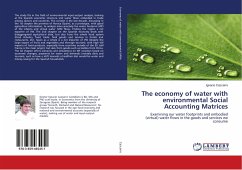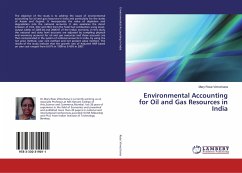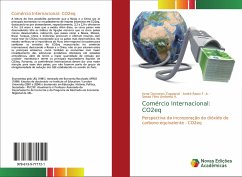Reading the book, it becomes clear that Russia and China are the main economies in the CO2eq-intensive input chain, standing out for respectively demanding 3.2 and 2.9 and supplying 4.9 and 3.9 times more than the average. In addition, the five most developed countries have lower linkage indices than the five least developed countries, indicating that countries such as Russia, Mexico, Brazil, Turkey, China and Indonesia demand and supply inputs with a higher incorporated CO2eq content than the most developed countries. The study showed the importance of the interregional flow of countries to combat CO2eq emissions incorporated into international trade, with Russia and China standing out, not only because they are among the main emitters, but also because they are the economies with the most interlinked production structures that are intensive in atmospheric emissions, as well as having the highest amount of emissions per monetary unit and being the main net exporters of CO2eq. Therefore, international conferences should pay more attention to these two countries, as they are not part of the mandatory GHG reduction group established in the Paris agreement.
Bitte wählen Sie Ihr Anliegen aus.
Rechnungen
Retourenschein anfordern
Bestellstatus
Storno

